ESOT signs agreement with Dendrite Clinical Systems for a web-based registries platform
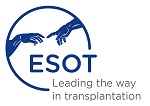 The European Society for Organ Transplantation (ESOT) has signed an agreement to develop a series of web-based registries on organ transplantation with Dendrite Clinical Systems Ltd. The Council of the European Society for Organ Transplantation took the decision to partner with Dendrite after a rigorous, competitive tender process. Under the agreement, Dendrite will work closely with ESOT to design, develop and implement a modular platform to integrate user-friendly registries that will facilitate clinical and patient reported outcome data collection, analysis, reporting and research covering all transplant domains.
The European Society for Organ Transplantation (ESOT) has signed an agreement to develop a series of web-based registries on organ transplantation with Dendrite Clinical Systems Ltd. The Council of the European Society for Organ Transplantation took the decision to partner with Dendrite after a rigorous, competitive tender process. Under the agreement, Dendrite will work closely with ESOT to design, develop and implement a modular platform to integrate user-friendly registries that will facilitate clinical and patient reported outcome data collection, analysis, reporting and research covering all transplant domains.
“We are delighted to see this project take shape,” commented Professor Gabriel Oniscu, ESOT President Elect. “The partnership with Dendrite Clinical is a major step towards establishing a multi-registry platform in Europe that will promote clinical and scientific exchanges and collaborations and for the first time, collect patient reported outcomes. This will be a unique resource for all transplant stakeholders.”
ESOT is dedicated to the pursuit of clinical and research excellence and improving patient outcomes. Its core mission is to promote the sharing of scientific information and building of evidence-based international practice, policies and guidelines. To fulfil these aims, ESOT will establish a professional platform to host pan-European registries on transplant recipients and living donors. The registries will be available to competent authorities and transplant centres willing to join ESOT in this pan-European effort.
The ESOT registries platform will initially host four registries and will be designed to easily integrate additional registries. In the second phase of the project, a Patient Portal will be developed to facilitate the collection of patient reported outcomes. The first registries are:
- The European Liver Transplant Registry (ELTR)
- The European Pancreas and Islets Transplant Registry (EPITR)
- The European Kidney Recipient Registry (EKRR)
- The European Living Donor Registry (ELDR)
“We are very proud to have been selected to partner with ESOT to create a platform to host a series of registries. Our unique, flexible ‘Intellect-Web’ registry software is the ideal platform for the implementation of such complex registries, as it allows multi-registries within the same system, such as transplant candidates, transplant recipients and living donors,” explained Dr Peter Walton, Managing Director of Dendrite Clinical Systems. “By collecting and recording data on organ transplantation across Europe, we believe researchers will be able examine the treatment of every patient and, where appropriate, recommended changes to improve clinical outcomes. We look forward to working with ESOT on this very exciting project.”
This project is supported by the European Commission.
For more information about the ESOT registry project, please contact Dr Daniele Roppolo (daniele.roppolo@esot.org) or Chiara Parisotto (chiara.parisotto@esot.org)
About the European Society for Organ Transplantation
The European Society for Organ Transplantation (ESOT) was founded nearly 40 years ago and is dedicated to the pursuit of excellence in organ transplantation. Facilitating a wealth of international clinical trials and research collaborations over the years, ESOT remains committed to its primary aim of improving patient outcomes in transplantation. With a community of over 8,000 members from around the world, ESOT is an influential international organisation and the facilitator of the biennial congress which hosts approximately 3,500 experts who come together to meet, explore and discuss the latest scientific research. ESOT attracts the foremost transplantation experts to work in its committees and sections, and has an impressive track record in supporting research, professional education, and promoting changes in European policy, to improve outcomes for patients requiring and undergoing organ transplantation.
Further information: www.esot.org
About Dendrite Clinical Systems
For nearly 30 years, Dendrite Clinical Systems’ specialist clinical databases have enabled the international healthcare community to gather important clinical data to improve patient outcomes and professional practice. The company has developed more than 200 national & international registries that have collected data on patients, disease groups, procedures, medical devices, pharmaceuticals & therapeutics, and the company’s flexible “Intellect-Web” software can be adapted to any clinical scenario.
Further information: www.e-dendrite.com
To find out more, please click here
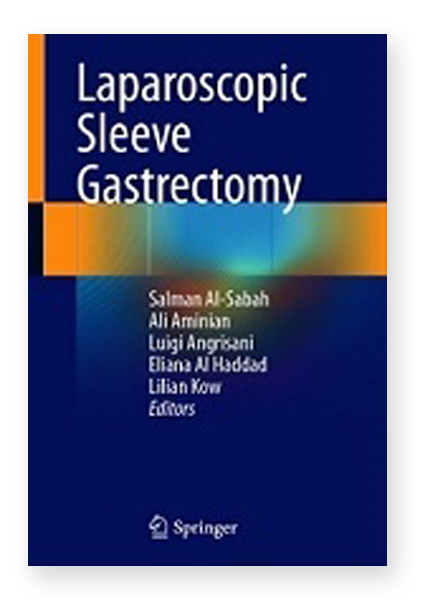 Dendrite Clinical Systems is delighted to report that our Managing Director, Dr Peter Walton, has published a chapter discussing the value of clinical registries in new publication on Laparoscopic Sleeve Gastrectomy (LSG). In his Chapter, Dr Peter Walton outlines value of national bariatric registries and their capability to deliver evidence on a global basis, as well as providing some practical perspectives on best practice when setting out to start a national registry and how to keep a good registry going.
Dendrite Clinical Systems is delighted to report that our Managing Director, Dr Peter Walton, has published a chapter discussing the value of clinical registries in new publication on Laparoscopic Sleeve Gastrectomy (LSG). In his Chapter, Dr Peter Walton outlines value of national bariatric registries and their capability to deliver evidence on a global basis, as well as providing some practical perspectives on best practice when setting out to start a national registry and how to keep a good registry going. Dendrite Clinical Systems and the Institute for Health Research (IGES) in Berlin, Germany, have initiated the Outpatient Treatment of COVID-19 Infections (ABC-19) study, to record data on the treatment of COVID-19 patients and discover more about the outpatient course of the disease, the individual risk factors of patients that contribute to severe COVID-19 courses and the procedures of general practitioners (GPs).
Dendrite Clinical Systems and the Institute for Health Research (IGES) in Berlin, Germany, have initiated the Outpatient Treatment of COVID-19 Infections (ABC-19) study, to record data on the treatment of COVID-19 patients and discover more about the outpatient course of the disease, the individual risk factors of patients that contribute to severe COVID-19 courses and the procedures of general practitioners (GPs).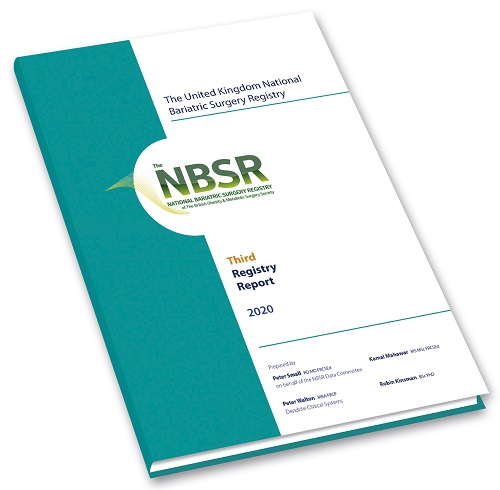
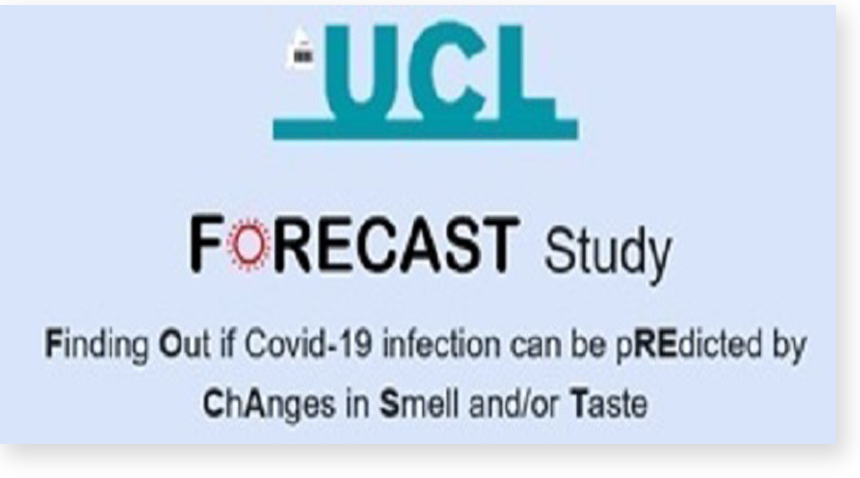 Researchers at the University College London and University College London Hospitals NHS Foundation Trust), London, UK, have reported that the vast majority of participants with new onset loss of smell were positive for COVID19, and this acute loss of sense of smell needs to be considered globally as a criterion for self-isolation, testing and contact tracing in order to contain the spread of COVID-19.
Researchers at the University College London and University College London Hospitals NHS Foundation Trust), London, UK, have reported that the vast majority of participants with new onset loss of smell were positive for COVID19, and this acute loss of sense of smell needs to be considered globally as a criterion for self-isolation, testing and contact tracing in order to contain the spread of COVID-19.
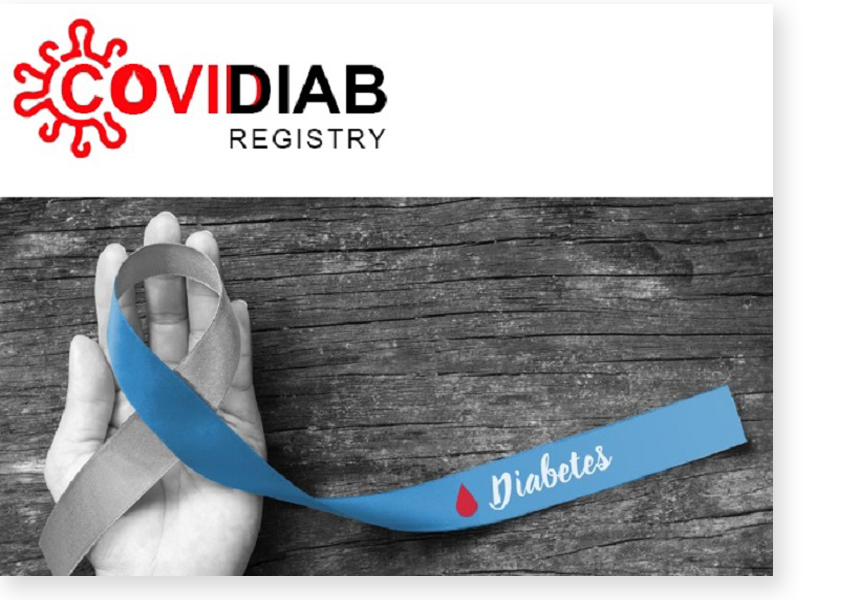 Dendrite Clinical Systems’ innovative “Intellect Web” software has been chosen by an international group of 17 leading diabetes experts from the multidisciplinary Diabetes Surgery Summit (DSS), as the platform on which the CoviDiab project will establish a Global Registry to collect new cases of diabetes in patients with COVID-19.
Dendrite Clinical Systems’ innovative “Intellect Web” software has been chosen by an international group of 17 leading diabetes experts from the multidisciplinary Diabetes Surgery Summit (DSS), as the platform on which the CoviDiab project will establish a Global Registry to collect new cases of diabetes in patients with COVID-19.


